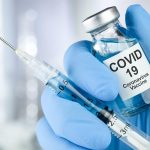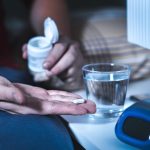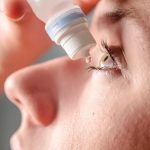
It may be possible to nudge your vaccine to work a little better. The trick is a good night’s sleep. Sleep helps the immune system respond to vaccination, according to a new meta-analysis of past research, published March 13 in Current Biology. In it, researchers found that people who slept fewer than six hours per night produced significantly fewer antibodies than people who slept seven or more. That deficit was equivalent to two months of waning antibodies. “Good sleep not only amplifies but may also extend the duration of protection of the vaccine,” senior author Eve Van Cauter said in a journal news release. She is a professor emeritus at the University of Chicago. Van Cauter and lead author Karine Spiegel, of the French National Institute of Health and Medicine in Lyon, France, previously published a landmark study on the effects of sleep on vaccination in 2002. To update this, they searched, combined and reanalyzed results of seven studies of vaccination for viral infections, specifically influenza and hepatitis A and B. They compared the antibody response for individuals who slept seven to nine hours (as recommended by the National Sleep Foundation) to that of “short sleepers” who got less than six hours of shuteye. Overall, researchers found strong evidence that sleeping fewer than six hours per night reduced the immune response to vaccination. But a… read on > read on >



























-300x200.jpg)










